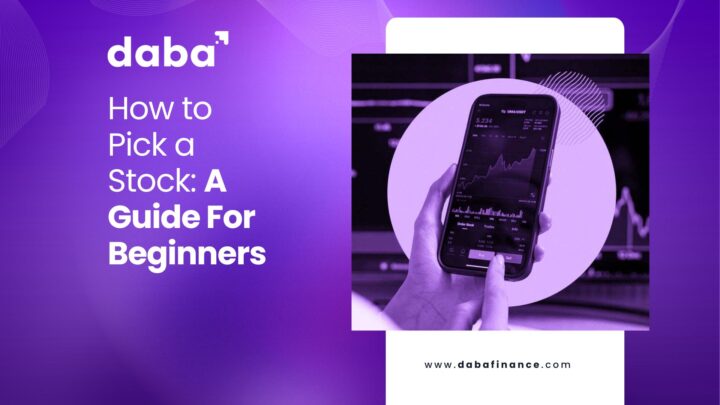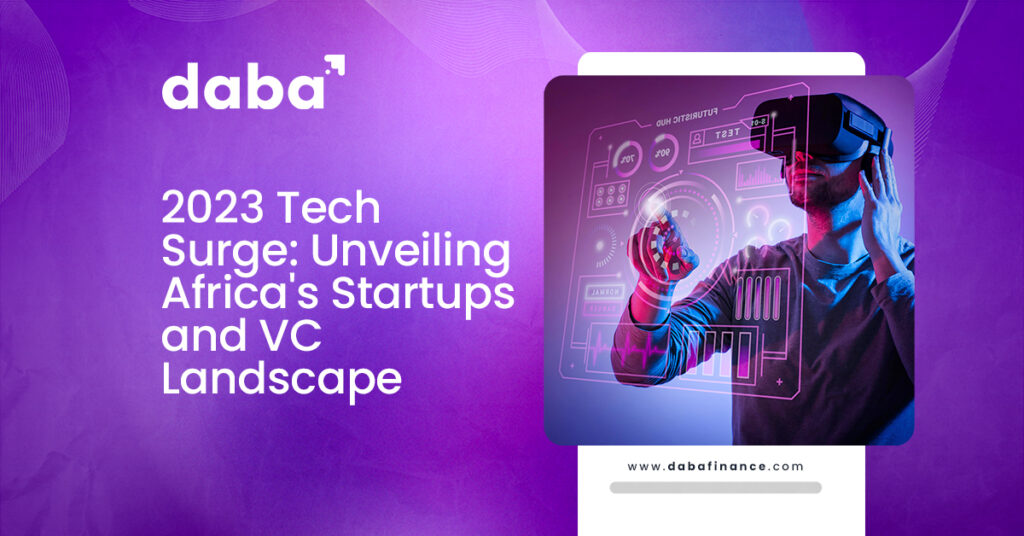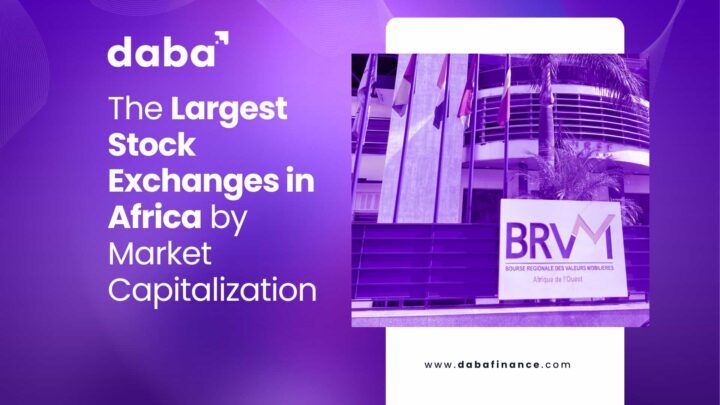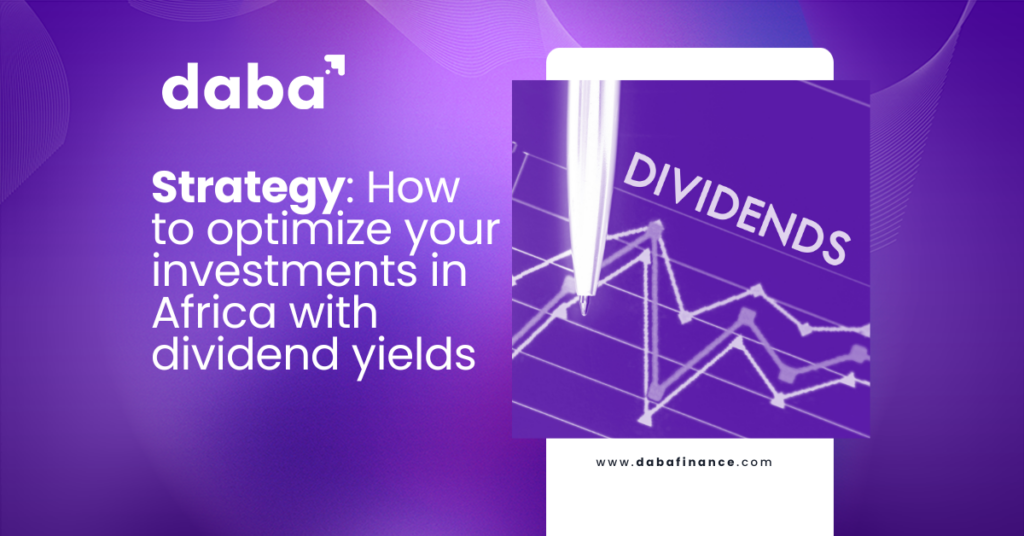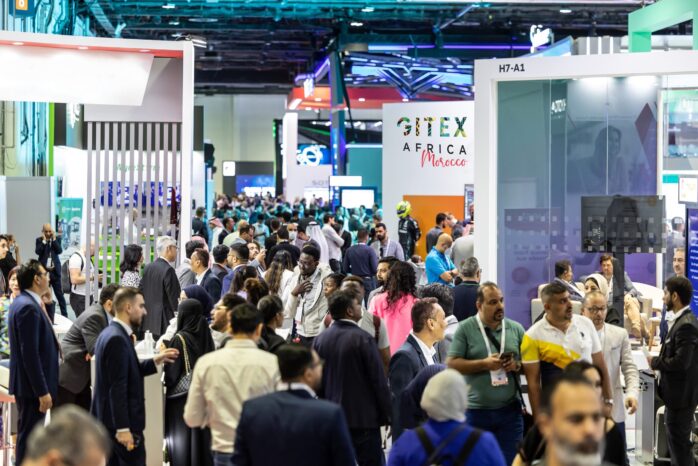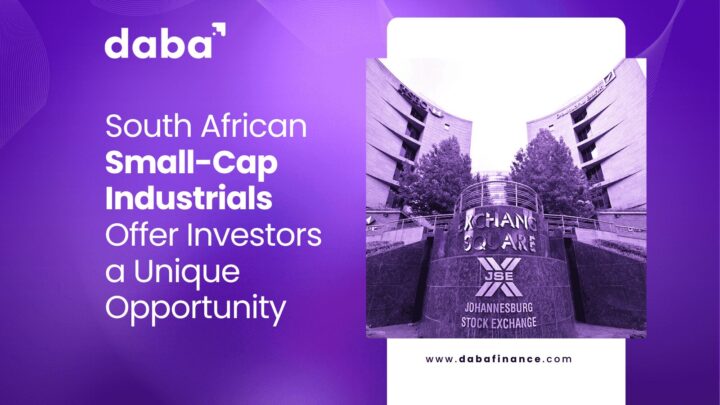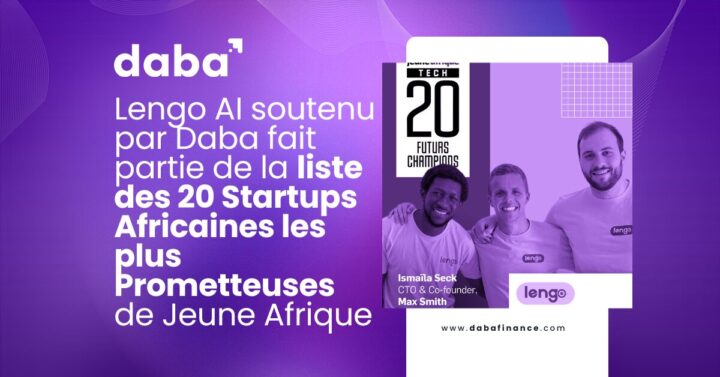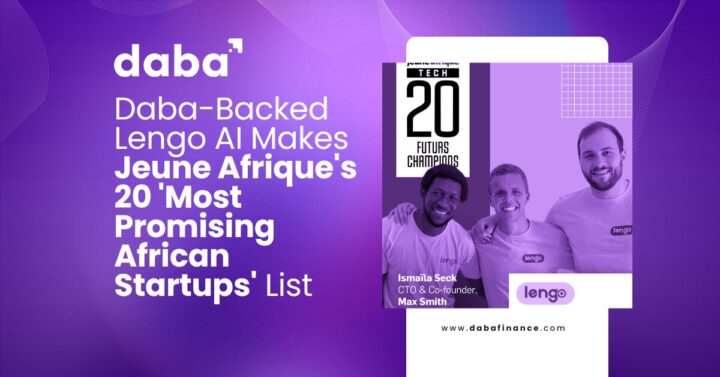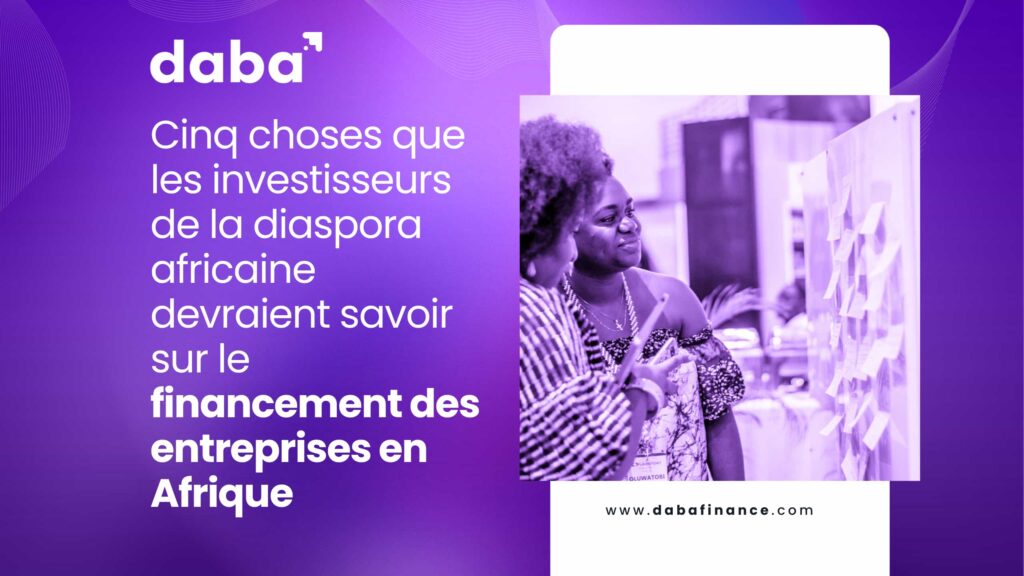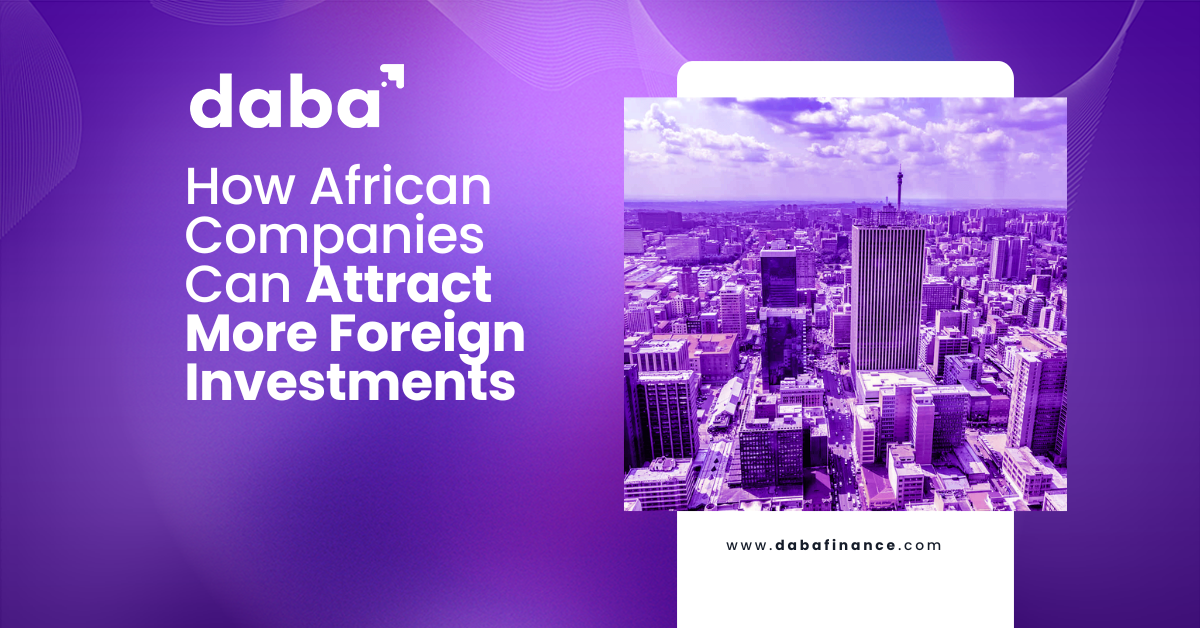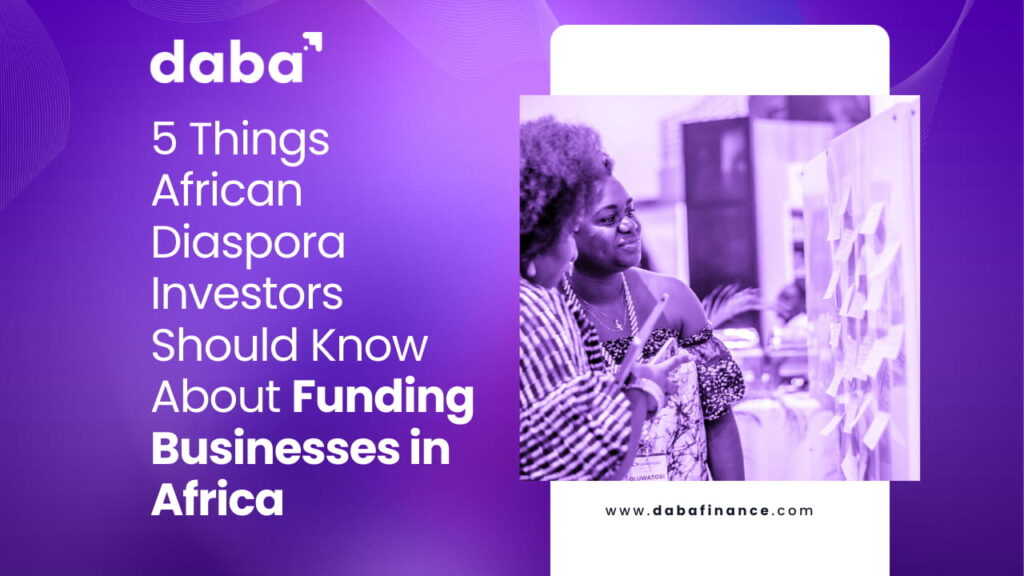Selecting stocks can feel overwhelming.
The BRVM regional stock exchange alone has 38 different market sectors, 49 distinct industries, over 40 listed securities, and more than 45 listed companies.
How can anyone, especially a beginner, choose stocks positioned for success? One thing’s for sure. There’s no perfect formula that guarantees profits.
There are thousands of different investing approaches, strategies, and mindsets just as many stocks as there are.
But as a new or experienced investor rethinking your approach, understanding these general principles can help.
Here are five things to know before picking stocks:
Know Your Goals, Timeline, and Risk Tolerance
If choosing individual stocks, first outline your goals, investment timeline, and risk tolerance. Are you an investor seeking portfolio growth, or income from your investment?
What volatility level can you handle? A young investor aiming for a multi-million portfolio by age 40 may look at higher-risk, higher-potential stocks – likely aggressive growers like SETAO (agribusiness) or beaten-down value plays.
An investor with a shorter timeline seeking safety and income will likely stick to large, established companies paying dividends like SONATEL (telecommunications).
Determine if you want long-term growth (common for younger investors), capital preservation nearing retirement (older investors), or income from dividends. Your goals dictate which companies to consider.
Income investors search for stocks with good dividends backed by cash flow. Growth investors favor reinvesting profits, so they target younger high-growth companies.
Capital preservation means steady, predictable profits from stalwarts like SICOR (agro-industry, founded 1973).
Also Read: What Are Stocks and Why Should You Invest in Them?
Understand the Companies and Research Thoroughly
When buying a stock, you become a part owner. Not understanding the business sets you up for failure. Would you take full ownership of a company whose operations you don’t understand?
Even with skilled management, how can you evaluate their performance? Find companies through products and services you use daily. Consider the companies behind the things you use.
Also, consider indirect impacts – who makes checkout machines at supermarkets, produces medicine, makes auto parts, or builds cell towers and equipment? Use your interactions to research sectors and competitors.
If you don’t grasp how a business makes money, either research it or find another company.
Determine if the Company Has a Competitive Advantage
With companies and competitors identified, narrow the list by the most important factor: a sustainable competitive advantage giving them an edge over rivals. Determining a company’s advantage and how durable it is, is key to investing.
Products or services with a wide, sustainable competitive advantage around them deliver rewards. This stems from scale advantages, high switching costs, unique brands like SONATEL, intellectual property, and network effects making it hard for others to compete.
Evaluate revenue growth, profitability, debt, return on equity, industry position, and industry health like the strong infrastructure sector before investing. Benchmark the stock against competitors and indexes to appropriately time your purchase.
Also Read: How to Invest in African Stock Markets
Determine a Fair Price for the Stock
After identifying companies, evaluate stock prices for good value. Methods to adopt include:
- Price-to-Earnings Ratio: Divide share price by annual earnings per share. Stocks trading below their historic P/E averages can signal value for steady profit/growth companies. However, accelerating future growth justifies paying premiums.
- Price-to-Sales Ratio: More useful for unprofitable or erratic earners like SETAO’s early growth phase. Consider future expectations beyond historical averages since not all sales are equally profitable.
- Discounted Cash Flow Modeling: Project future revenue, profit margins, and expenses years out. Model earnings from these projections. Discount those cash flows by your required return rate to estimate stock value and reasonable price.
- Dividend Yield: For income, compare current yield to stock averages. High relative yields can signal value, but avoid unsustainably high payouts from struggling businesses.
The Daba app allows investors to buy and sell BRVM-listed stocks directly on their mobile devices. Leverage our tools to analyze stock valuations and make strategic investments.
Buy With a Margin of Safety
Buy stocks trading below your fair valuation, providing a margin of safety. If valuations are wrong, you limit the downside by paying less than the estimated worth. For stable companies, a 10% discount could suffice.
For less predictable growth stocks, use 15-30% margins depending on valuation confidence. This protects against unforeseen challenges like new competition. Don’t fixate on the absolute lowest price. After researching diligently, buy when the price seems reasonable.
By diligently following this process and building a diversified portfolio across sectors, you can uncover successful long-term investments in the BRVM and any stock market.
With Daba Pro, you’ll receive expert analysis on companies with strong economic moats trading at attractive valuations – taking the guesswork out of stock picking for busy individuals.
